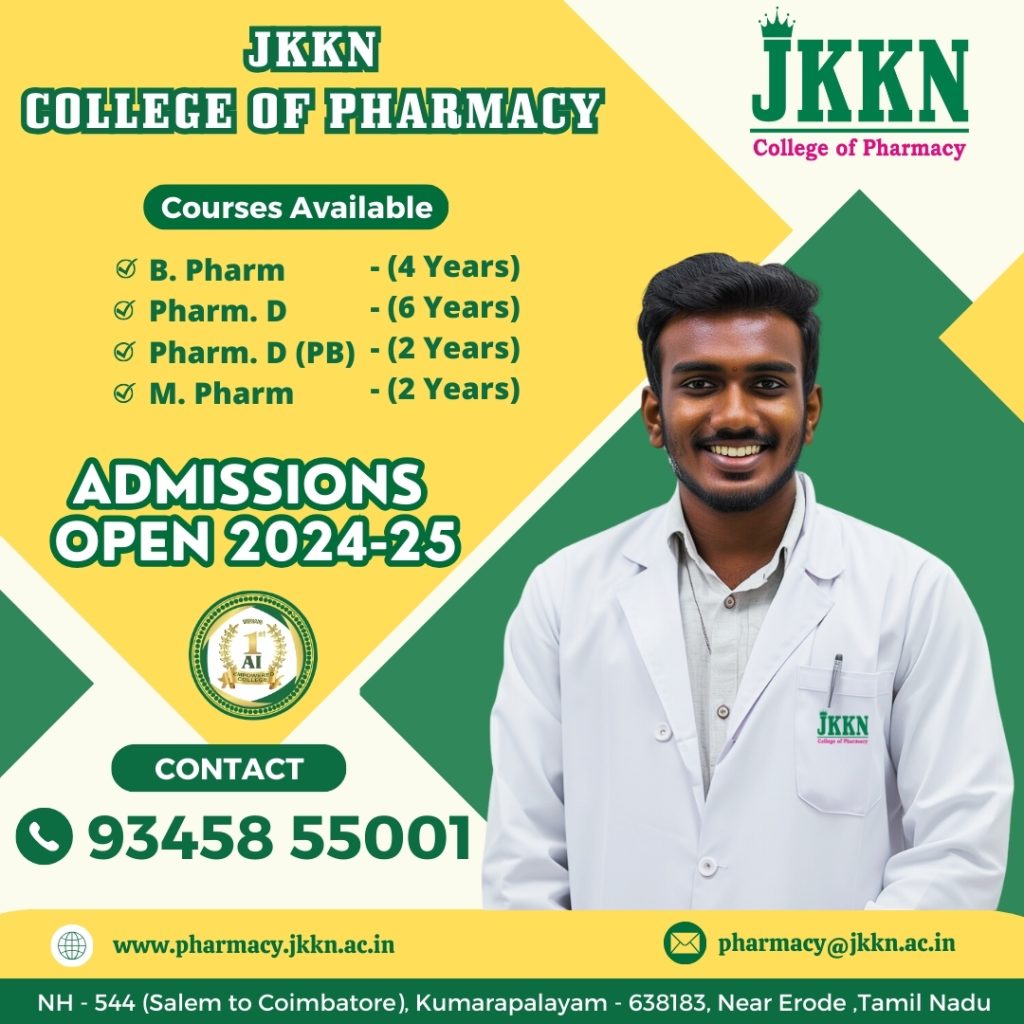III. PHARM-D
MEDICINAL CHEMISTRY (Theory)
After a successful completion of the course the students will be able to
| Course outcome number | Course Outcomes | Cognitive level |
| CO1 | Recall and describe the fundamental concepts in medicinal chemistry, including quantitative structure-activity relationship (QSAR), prodrugs, combinational chemistry, computer-aided drug design (CADD), and antisense molecules. | C1 |
| CO2 | Demonstrate an understanding of the mechanisms of action and synthesis of various classes of drugs, such as anti-infective agents, sulphonamides, antimalarials, antibiotics, antineoplastic agents, cardiovascular agents, and others, while also comprehending the importance of chemical nomenclature and brand names. | C2 |
| CO3 | Apply the principles of medicinal chemistry to evaluate and differentiate between local anti-infective agents, preservatives, antifungal agents, urinary tract anti-infectives, anti-tubercular agents, antiviral agents, antiprotozoal agents, anthelminthics, antiscabies, and antipedicular agents, considering their mechanisms and therapeutic applications. | C3 |
| CO4 | Analyze and assess the structure-activity relationships (SAR) and mechanisms of action of specific drug classes, such as cardiovascular agents (anti-hypertensive, antianginal, vasodilators, antiarrhythmic, antihyperlipidemic), coagulants, anticoagulants, endocrine agents, hypoglycemic agents, thyroid and antithyroid agents, | C4 |
| CO5 | Evaluate the therapeutic efficacy, side effects, and market relevance of key drugs within each class studied, critically assessing their clinical use and potential for drug-drug interactions. | C5 |
| CO6 | Apply knowledge of medicinal chemistry concepts to propose novel drug candidates or modifications to existing drugs, considering emerging trends in drug development and the application of computational tools in drug design, including QSAR and CADD. | C6 |
Remembering (C1), Understanding (C2), Applying (C3), Analyzing (C4), Evaluating (C5) and Creating (C6)
III. PHARM-D
MEDICINAL CHEMISTRY (Practical)
After a successful completion of the course the students will be able to
| Course outcome number | Course Outcomes | Cognitive level |
| CO1 | Imitate and accurately replicate the essential steps and techniques involved in the assays of important drugs. They will demonstrate proficiency in conducting drug assays with precision and adherence to established protocols. | P1 |
| CO2 | Develop strong manipulation skills, enabling them to prepare medicinally important compounds and intermediates needed for the synthesis of drugs. They will demonstrate the ability to handle chemicals, equipment, and instruments effectively and safely. | P2 |
| CO3 | Precision in their practical work. They will be capable of conducting monograph analysis of important drugs with a high degree of accuracy and reproducibility. They will also determine partition coefficients, dissociation constants, and molar refractivity of compounds with precision for QSAR (Quantitative Structure-Activity Relationship) analysis. | P3 |
| CO4 | Articulate their experimental procedures clearly and concisely, both in written reports and verbal explanations. They will effectively communicate their findings, observations, and results related to the assays, preparations, and analyses of important drugs. | P4 |
| CO5 | Naturalization through repeated practice and hands-on experience, students will reach a level of naturalization in their medicinal chemistry skills. They will become adept at independently designing and executing experiments related to drug assays, compound preparation, and monograph analysis. They will also gain proficiency in the application of QSAR principles. | P5 |
Imitation (P1), Manipulation (P2), Precision (P3), Articulation (P4) and Naturalization (P5).


